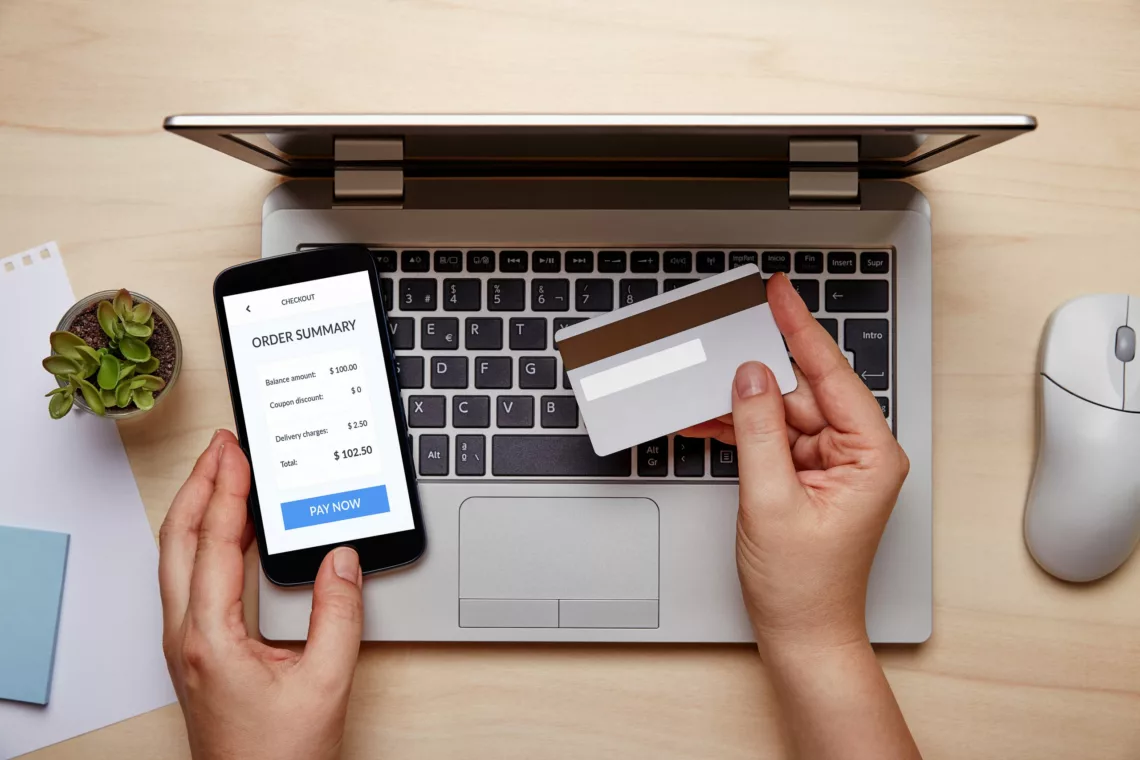Fintech is winning. Bank customers must embrace digital channels. No negotiation. Do you need cash above the set threshold for your business or personal use? Make a bank transfer. Do you have a compelling need to pay third-party cash above the limit? Get approval.
Hmm. Already, the Central Bank of Nigeria (CBN) has placed a limit on cash withdrawals over the counter. The same applies to cash handling at the ATM. The apex bank is saying to bank customers: Step up to digital banking. How would you navigate these cash limitations? Are you better off with digital-only banks?
On The One Hand
Revolut, Fidor, Simple, N26, and Monzo are some of the well-known digital banks. These banks allow customers to open an account on their phone in minutes, whenever and wherever. Digital banking is not limited to online banks. Research shows that over the past decade, banks that have created internal digital bank spin-offs optimised revenues and reduced operating costs by up to 70 per cent. These banks are growing in numbers. They are growing in revenue all over the world.
Digital bank operates online. It provides customers with the services that were previously available only at a bank branch. Digital banking is the digitisation of all traditional banking products, processes, and activities to serve customers through online channels.
All the traditional banking services are available 24/7 on mobile phones, computers, and compatible smart devices, without the need for a customer’s presence in the bank branch. Digital banking software makes all traditional services easier to access.
It allows banks to test lower-risk concepts before moving parts of the old legacy business to the new system. For instance, Goldman Sachs’ Marcus, RBS’ Bó and State Bank of India’s YONO, gained more than 26 million customers and reached profitability within 18 months.
That is what Fintech’s future portends. In 2023, Fintech will increase the payment options. It will expand the scope of financial services. It will provide no-fuzz transactions quickly and effectively. This is not limited to Europe, Asia, or the USA. It is happening in Nigeria. For instance, research shows that by 2026, the Fintech market will exceed $161 billion. That is growing at an 8.7 per cent CAGR from 2021.
On The Other Hand
You do not need to open an account with Revolut or Goldman Sachs’ Marcus to experience Fintech. Or patronise a digital-only bank. Digital-only banking is here. No paperwork. No stress. No visits to a brick-and-mortar bank before you open an account or get a debit card. Is that a possibility? Yes, you can trust these banks. They have partnerships with traditional banks.
Do not allow the CBN’s policy to cause you some distress. Embrace fintech. Embrace digital-only banks. You know some of them already. Kuda Bank. Alat. Mint. Sparkle. Vbank. Rubies. Eyowo. OneBank. These digital banks provide better services than traditional banks. They have better terms, offering zero fees, and online banking services.
From the sideline.
I like the sound of digital-only banks.
But what happens to their customers if they encounter hitches, and cannot seem to find a solution online?
There is a middle ground.
Where is the middle ground?
Their partners will handle such problems.
That is a smart move. Ok, the recent CBN policy will marginalise some bank customers from the mainstream. Any middle ground to this?
Ask Godwin.
Who is Godwin?





